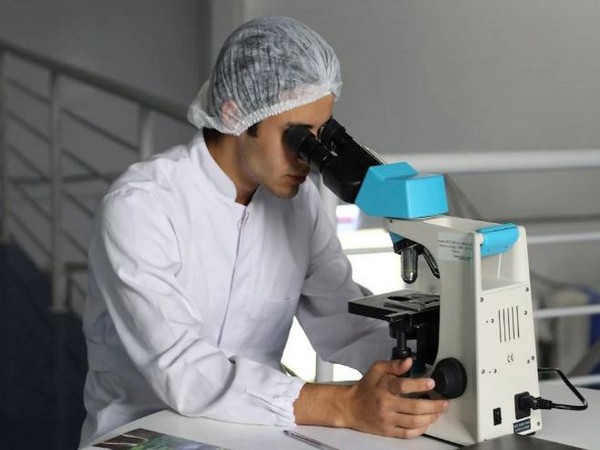Breakthrough in Cancer Research: Over 5,000 Genetic Variations Unveiled
Researchers found over 5,000 genetic variations linked to cancer and a potential new therapeutic target. The study, involving the Wellcome Sanger Institute, identified harmful BAP1 variants raising cancer risks. Results are set to aid in personalized medicine, benefiting diverse ethnic backgrounds.

- Country:
- United Kingdom
Over 5,000 genetic variations that contribute to cancer growth have been identified by scientists, along with a promising new therapeutic target. A team from the Wellcome Sanger Institute, The Institute of Cancer Research, and the University of Cambridge studied the effects of changes in the BAP1 gene, revealing that nearly one-fifth of these mutations are pathogenic. This discovery significantly enhances our understanding of cancers affecting the eye, lung lining, brain, skin, and kidney.
Published in Nature Genetics, the findings are accessible to doctors for immediate diagnostic and therapeutic use. The study's comprehensive assessment of all BAP1 variants also addresses the historical underrepresentation of diverse ethnic groups in genetic research. Importantly, researchers linked certain BAP1 mutations to elevated levels of IGF-1, a hormone that could be targeted to inhibit cancer progression, potentially leading to new treatments.
The BAP1 protein, a crucial tumor suppressor, when altered, can raise cancer risks by up to 50%. Early genetic screening and preventive measures can thus play a vital role. Utilizing 'saturation genome editing', scientists evaluated 18,108 potential BAP1 DNA changes, finding 5,665 harmful ones. Analysis confirmed that harmful BAP1 variants are linked to higher cancer diagnosis rates and elevated IGF-1 levels, even among non-cancer patients, indicating a new target for cancer therapies.
Significantly, this research profiles all BAP1 variants across diverse populations, overcoming a bias toward European records in genetic studies. Dr. Andrew Waters of the Wellcome Sanger Institute emphasized that this comprehensive approach allows for more nuanced studies of genetic variation. Professor Clare Turnbull and Dr. David Adams highlighted the potential for earlier diagnoses and inclusive, life-saving genetic insights. The ultimate goal is to extend this technique to the entire human genome within a decade.
(With inputs from agencies.)










